Official Greece has begun quickly assessing current and possible future repercussions on energy prices and security in the wake of the latest fluid and worrying developments in eastern Ukraine, and especially after Vladimir Putin’s closely watched televised address on Monday evening.
According to reports, the east Mediterranean country’s relevant energy minister, Costas Skrekas, will brief other top ministers and PM Kyriakos Mitsotakis on Tuesday morning over possible repercussions and Greece’s energy sufficiency – even under the worst-case scenario of military conflict in eastern Ukraine and an interruption of Russian natgas supplies to Europe.
Russian natural gas currently covers 40 to 45 percent of Greece’s demand.
A main supply line from Russia comes via TurkStream, then through Bulgaria, and on into Greece’s national network. Interruption of this supply is deemed, by Athens, as improbable.
According to reports, Greece would make up lost supplies by increasing LNG shipments via the offshore Revythoussa terminal, just off the port of Piraeus in the greater Athens area, as well as by increasing volume through the TAP pipeline, which brings Azeri gas to Europe via Turkey.
Reports cite a decision already taken, in terms of the former option, essentially meaning greater imports of tanker-carried LNG, primarily from the US market.
As far as electricity supply, Greece’s semi-independent Regulatory Authority for Energy (RAE), has reportedly asked a handful of wholesale and retail suppliers and producers to maintain dual-fuel units on stand-by status, essentially oil-burning production facilities.
Total capacity of such dual-fuel units in Greece reaches 2.2 GW. Other thermal units are fired with natural gas. However, Greece still retains units, all owned by the Public Power Corp. (PPC), which are lignite-fired, even as the current government has stated that lignite would be permanently phased out in a few years.
As such, any scenario of power shortages due to the situation in Ukraine is considered as far-flung.
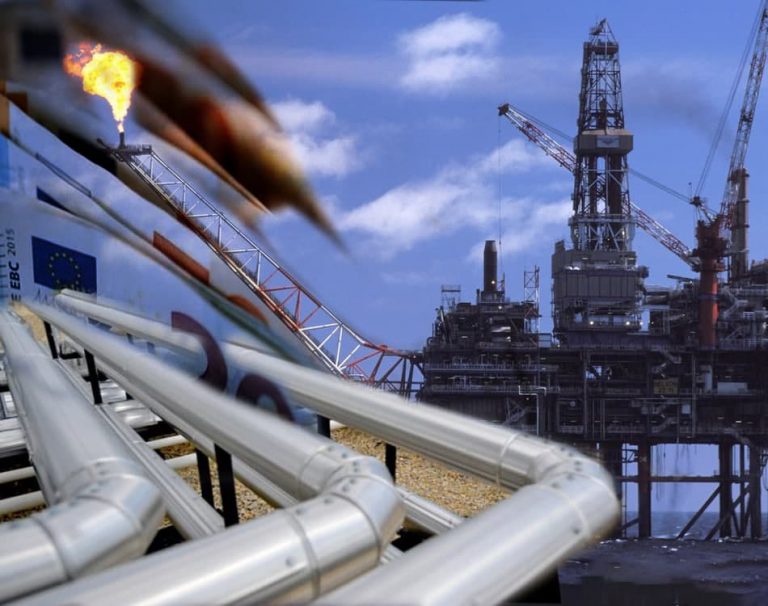
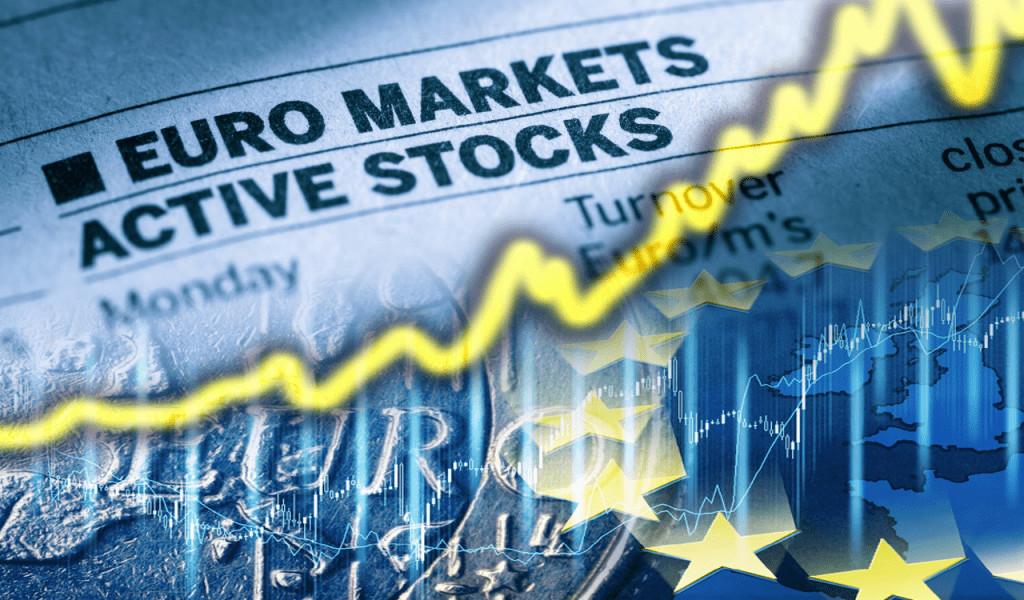
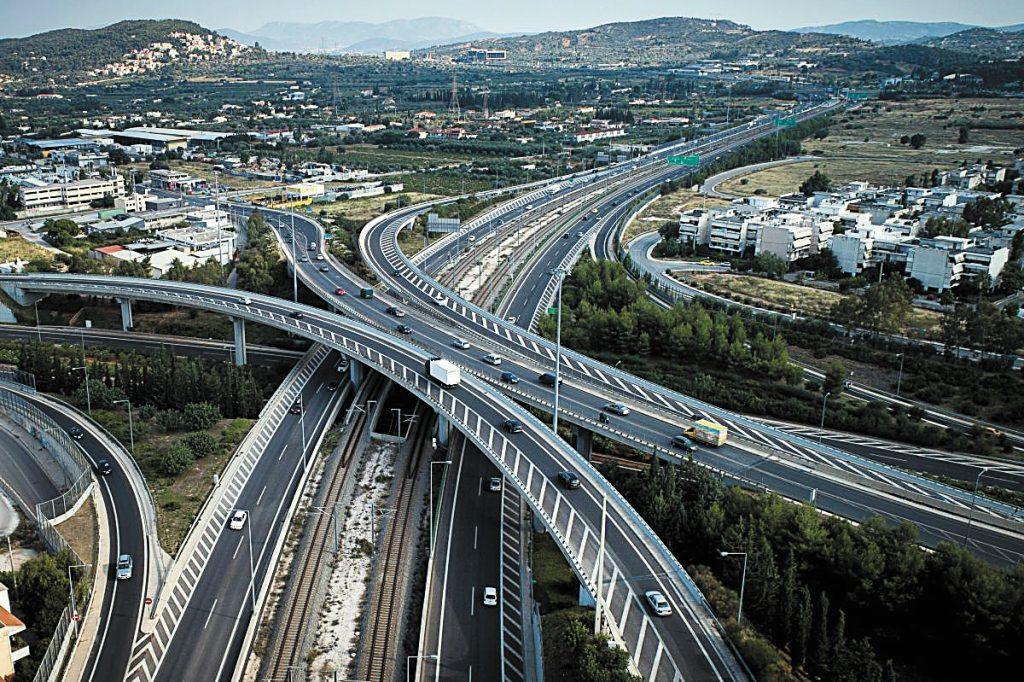
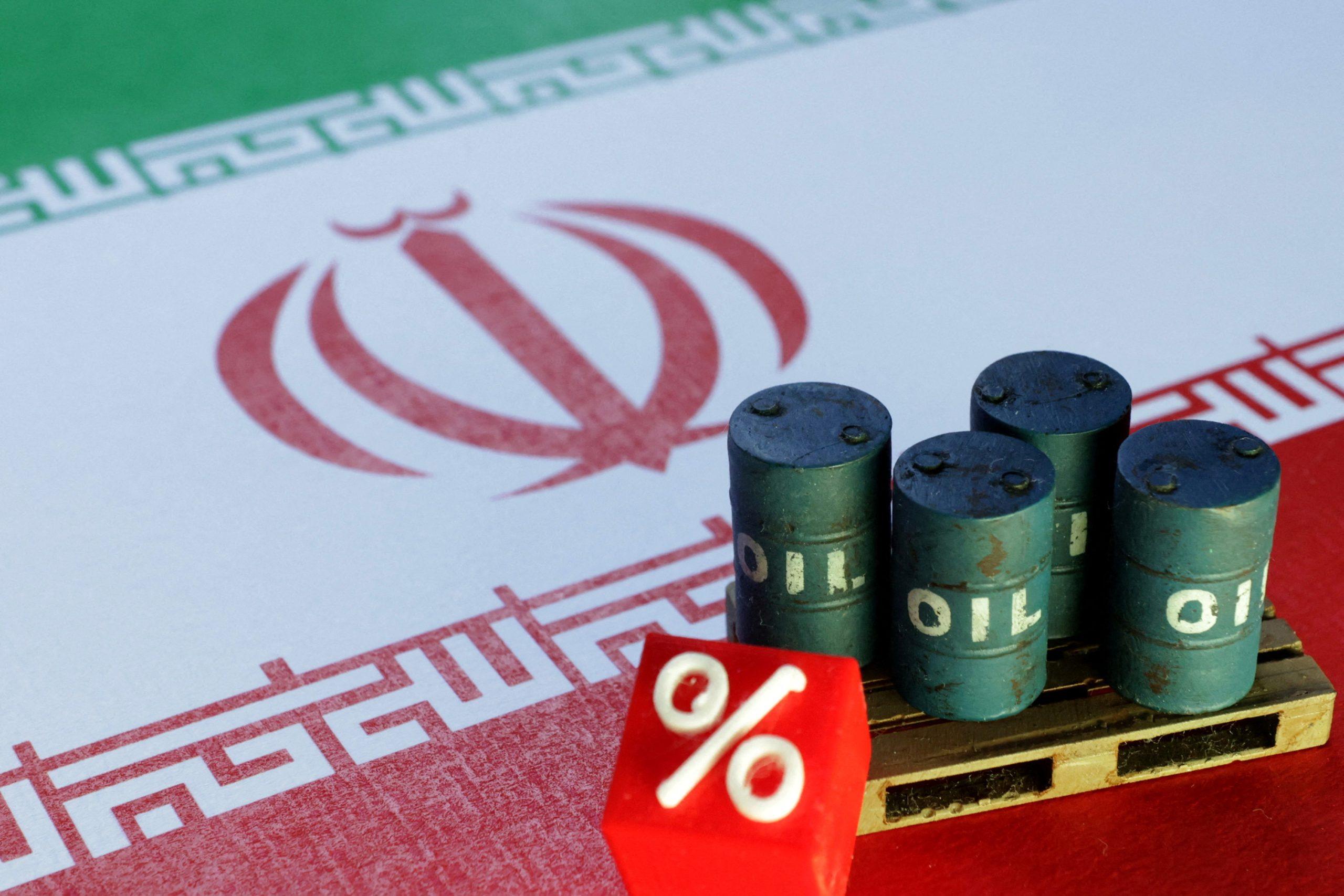
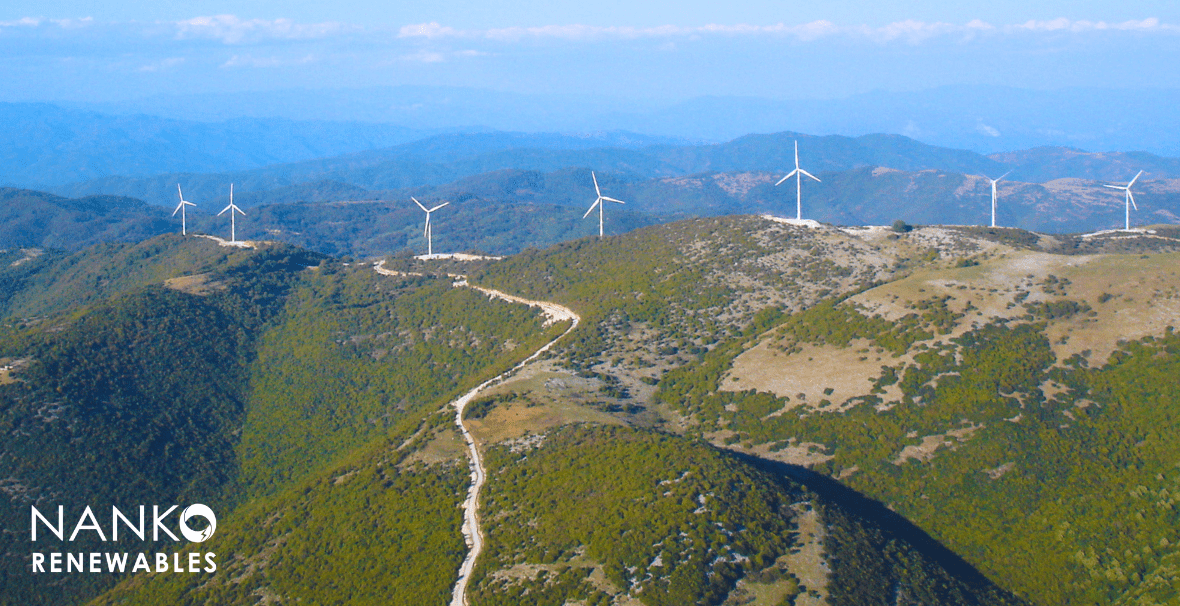



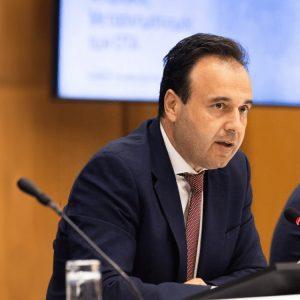


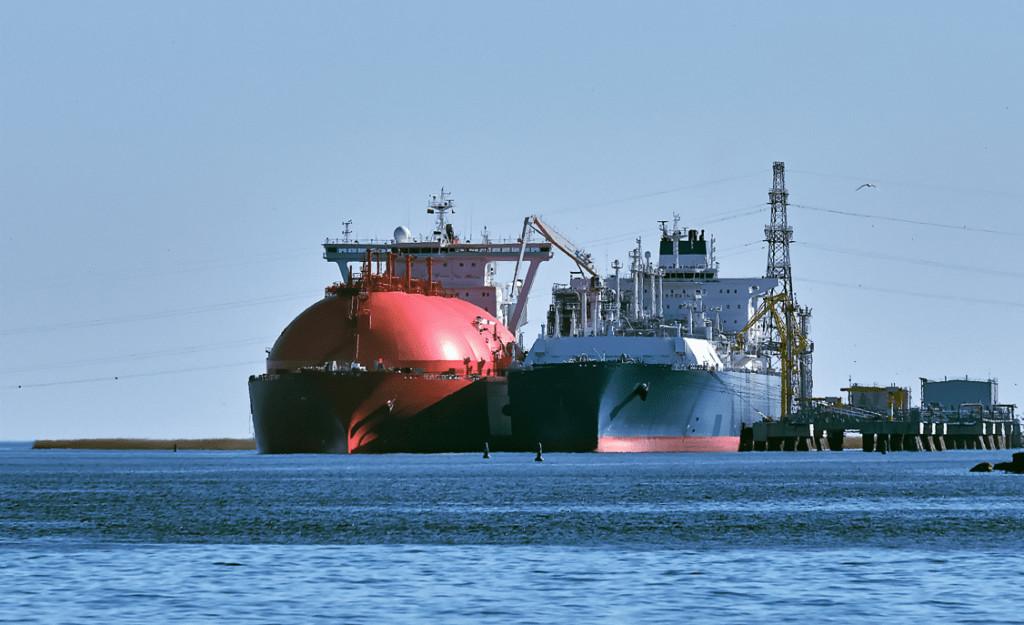

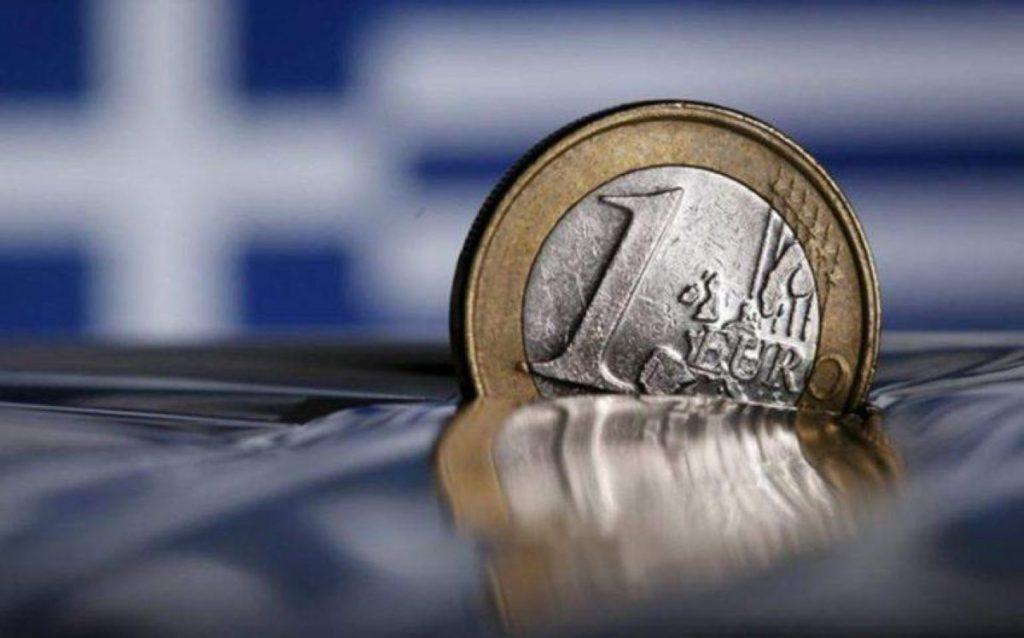
![Στεγαστική κρίση: Γονατίζει ένα στα τρία νοικοκυριά [πίνακας]](https://www.ot.gr/wp-content/uploads/2026/02/akinita26-4.jpg)
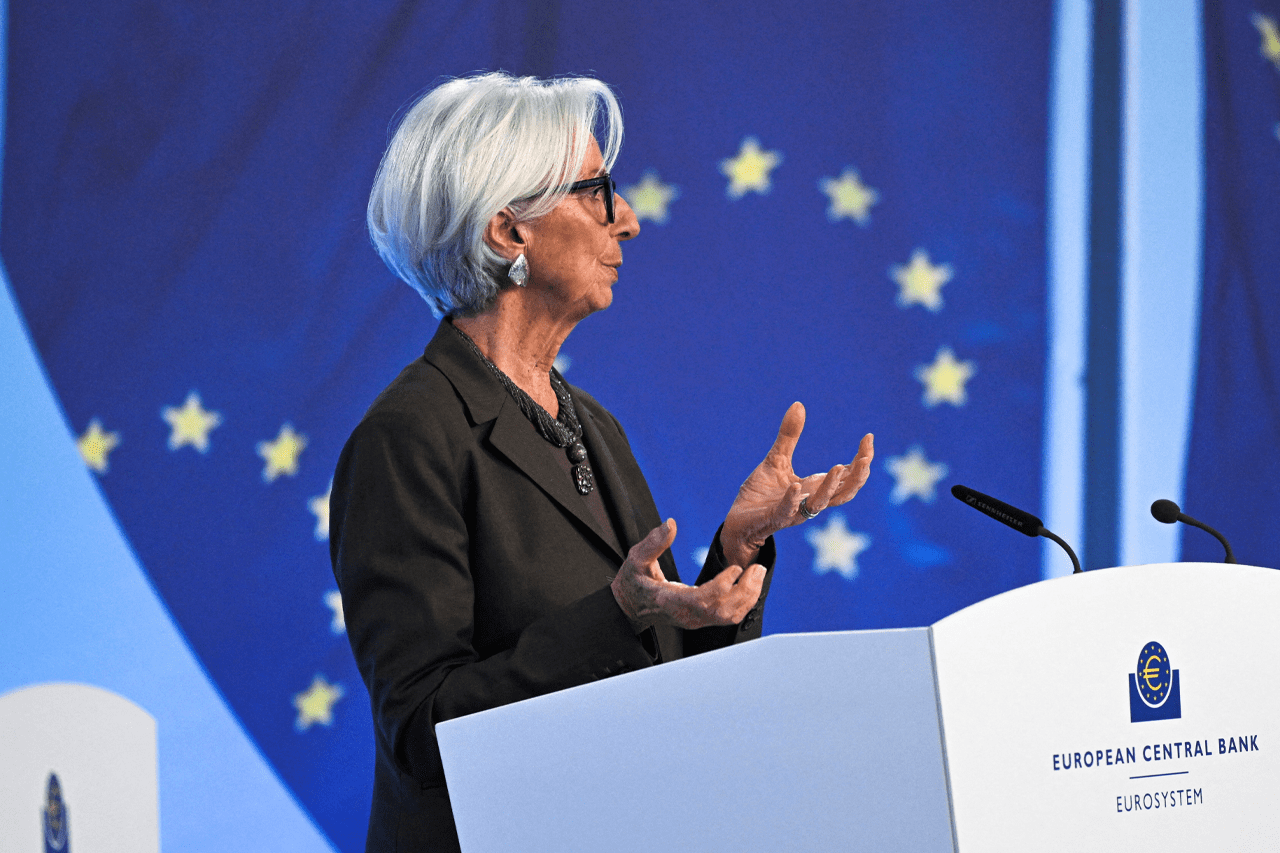

![Ελλάδα: Υποχώρηση της προσφοράς καταλυμάτων βραχυχρόνιας μίσθωσης [πίνακας]](https://www.ot.gr/wp-content/uploads/2026/02/airbnb-1.jpg)










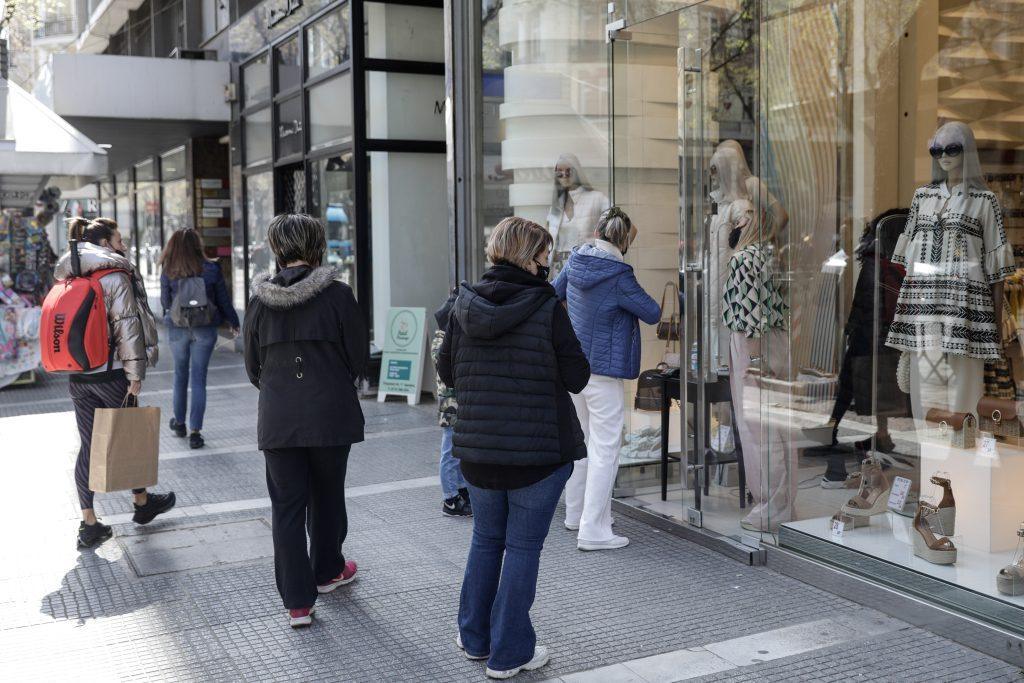
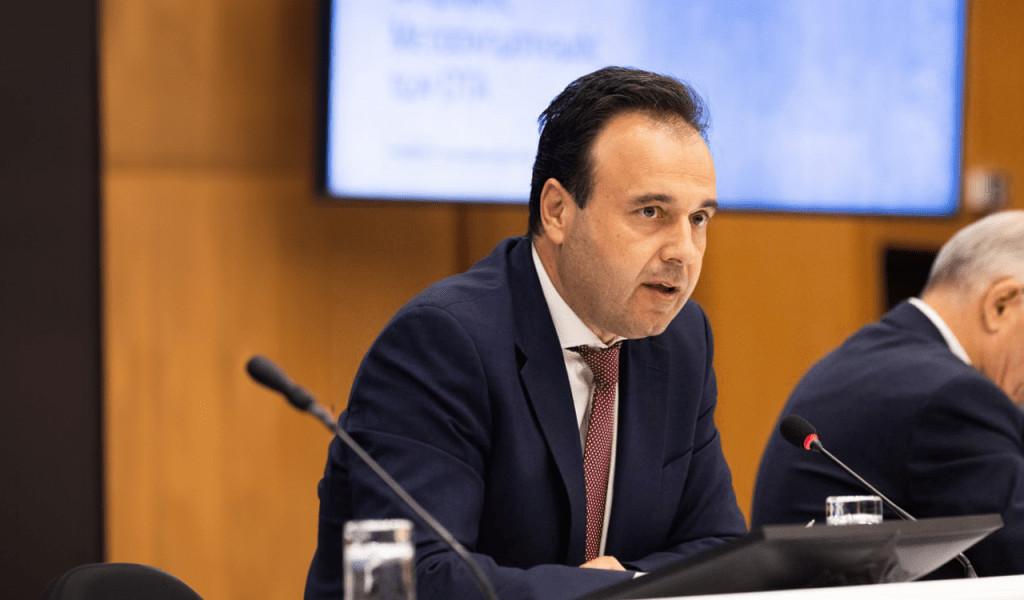
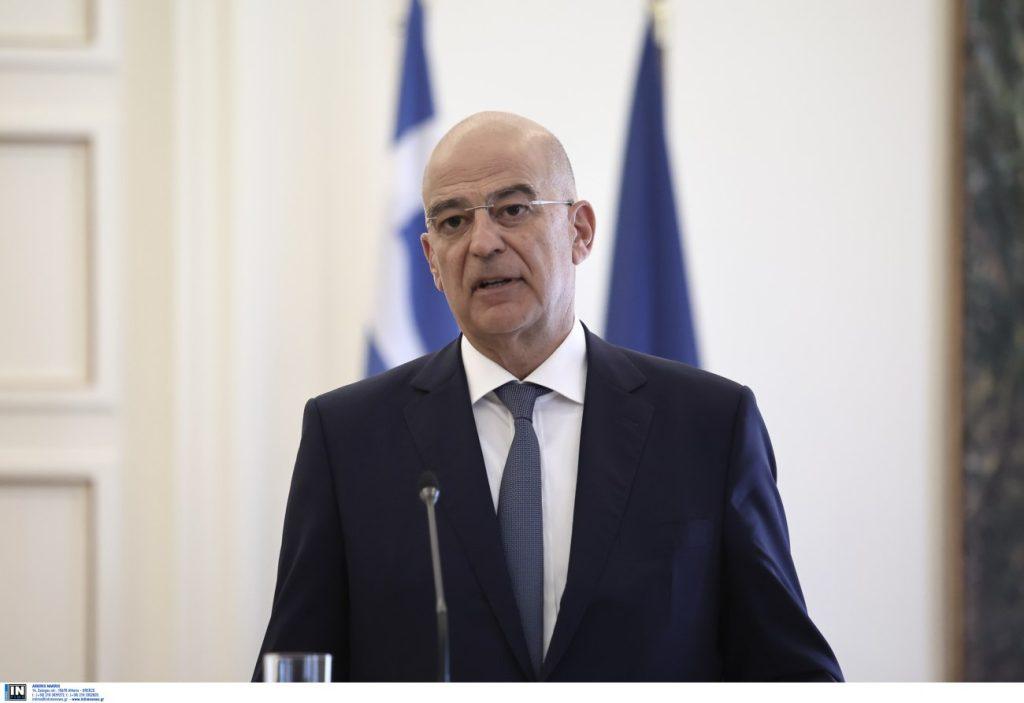




![Ιράν: Ο στρατός των ΗΠΑ ετοιμάζεται να χτυπήσει ακόμη κι αυτό το Σαββατοκύριακο [Χάρτης]](https://www.ot.gr/wp-content/uploads/2026/02/abraham-Lincoln-Strike-Group-1-1.jpg)



